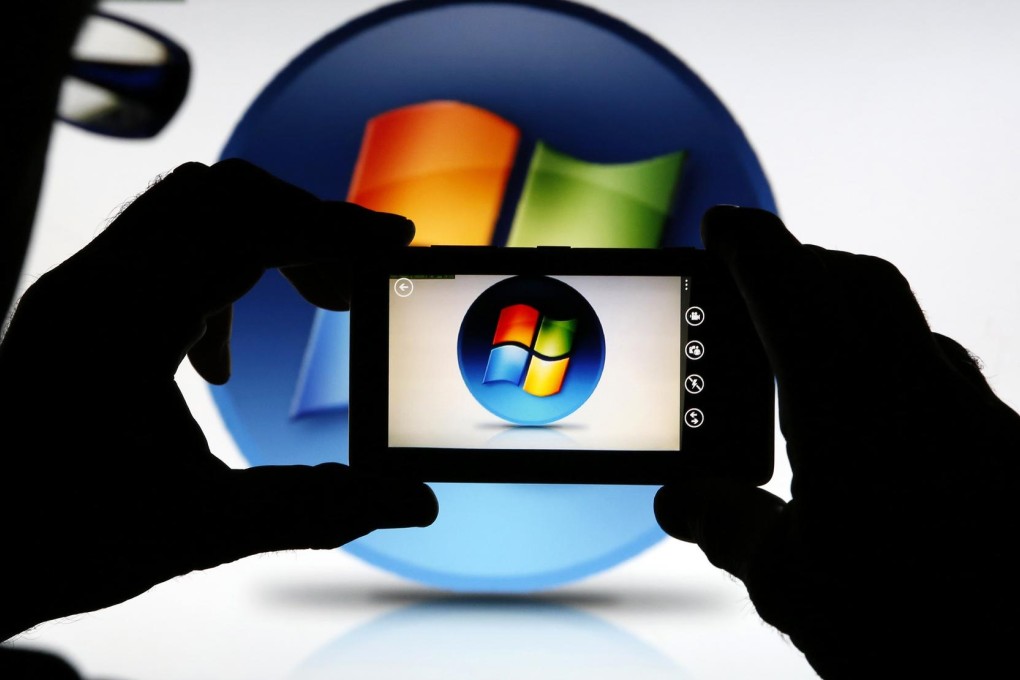Finns mourn loss of Finland's biggest success story, Nokia phones, to Microsoft
Nokia phones were long a source of national pride for Finns, but not any more with Microsoft buying the company's ailing handset business

Finland's biggest corporate success story is over and Finns are trying to make sense of what's left.

"Nokia is one of Finland's main brands and it's what I tell people abroad - that Nokia phones are from Finland," she said. "Now I can't say that any more."
The sale of Nokia Oyj's handset business to Microsoft sent shock waves through its home country, where the phones are a source of national pride and at one point were carried by 90 per cent of Finns.
After introducing its first handsets three decades ago, Nokia emerged as Finland's first major global corporation and symbolised the country's transformation into a technology-driven economy.
Nokia, based near Helsinki in Espoo, took off in the 1990s to become the world's largest mobile-phone maker.